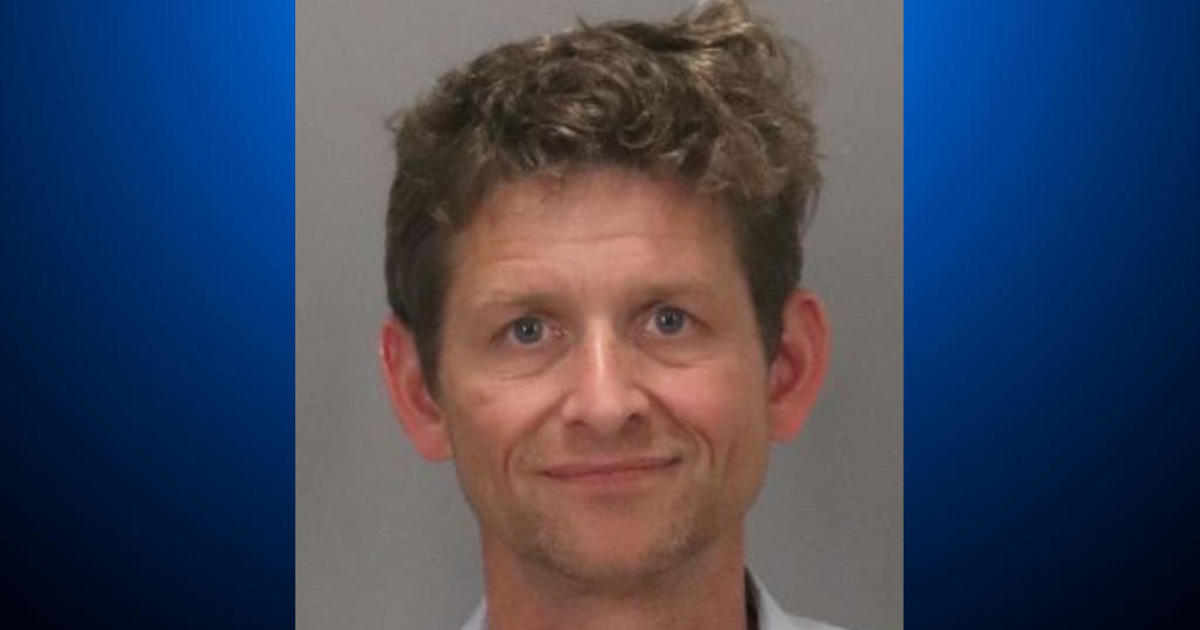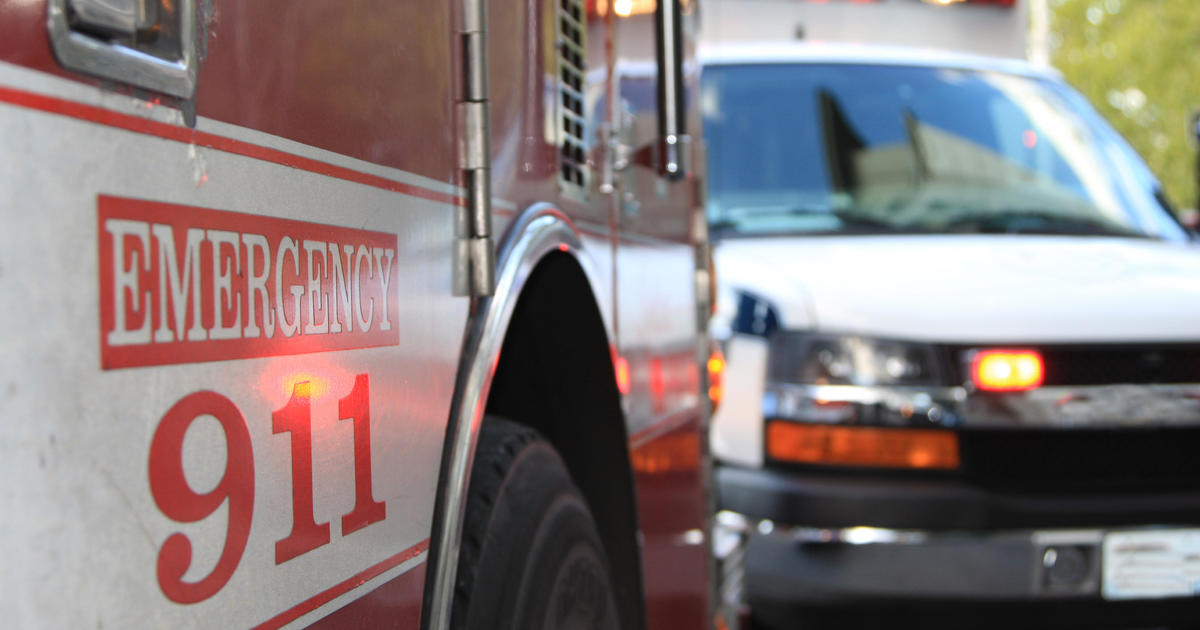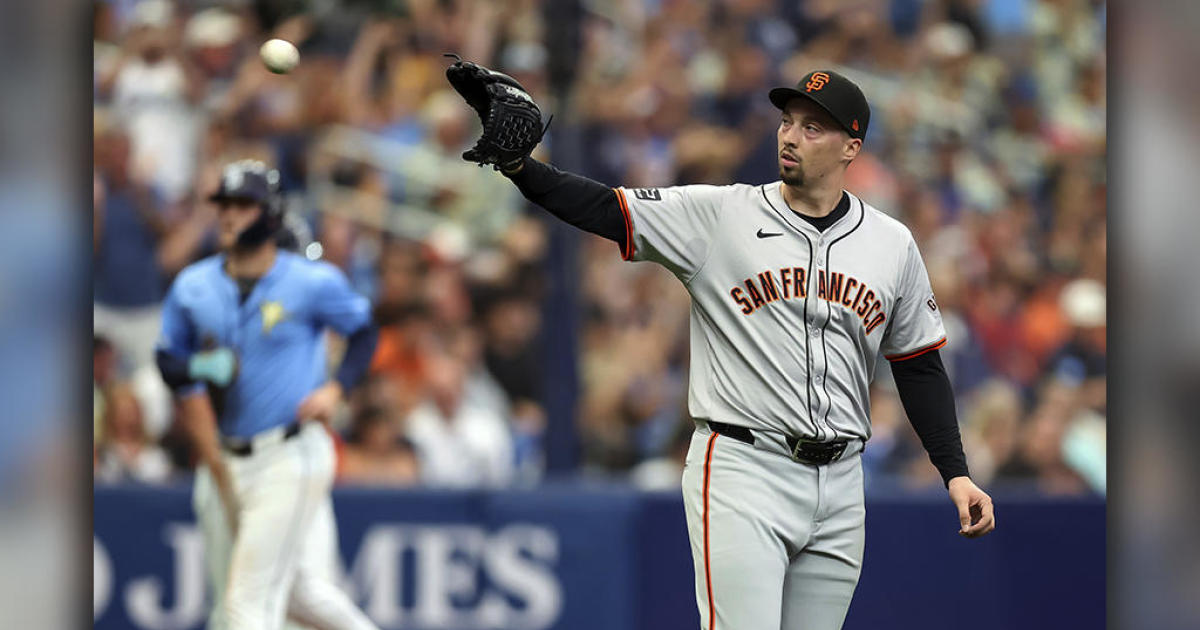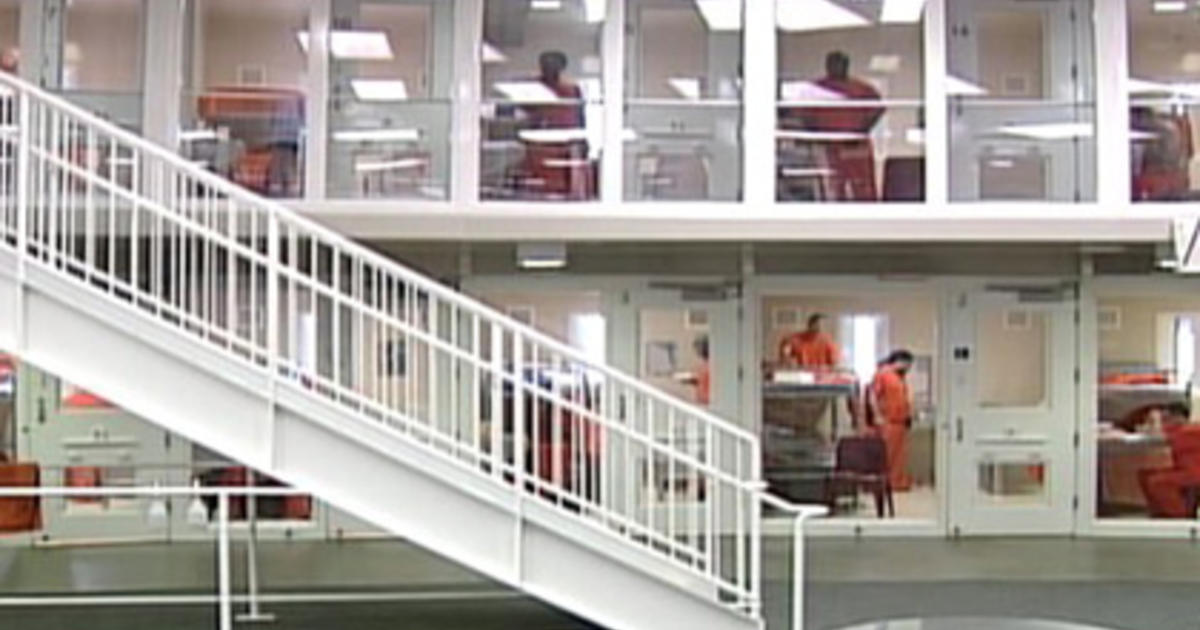California health officials weighing monkeypox health emergency declaration
SACRAMENTO – California is "looking carefully" at declaring a public health emergency for monkeypox to make more resources available to combat the outbreak, the state's lead public health official said Friday.
Dr. Tomas Aragon, the state's public health officer and director of the California Department of Public Health, argued the state is far more prepared to deal with the outbreak than it would have been before the COVID-19 pandemic and has utilized information gathered over the last two years about case investigation and surveillance to combat the monkeypox outbreak.
ADDITIONAL INFORMATION ON MONKEYPOX: California Department of Public Health | SF Department of Public Health | Santa Clara County Department of Public Health
"The most important thing that we're doing is trying to get as accurate information as possible to the communities that are concerned and the communities that are affected," Aragon said Friday in a media briefing.
Aragon demurred about what specific factors the state is considering that would lead to a potential emergency declaration, but did say that an internal review by state officials to that end is ongoing.
Public health officials in San Francisco issued a local public health emergency for the virus on Thursday, saying it will enable the city to expedite emergency planning, staffing and public agency coordination. Residents can schedule a vaccination appointment at the SFDPH website.
As of Thursday, 786 confirmed and probable cases have been reported across the state, two-thirds of which have been reported in San Francisco and Los Angeles counties alone. Eleven of those patients have been hospitalized, but no deaths due to the virus have been reported.
According to CDPH data, the vast majority of monkeypox cases have been among gay or bisexual men between the ages of 25 and 54. More than 80 percent of the total cases have also been detected in white and Hispanic or Latino people.
Even so, Aragon noted that the virus is not specific to any sexual orientation and is largely being spread via skin-to-skin contact rather than purely intimate activities like kissing or sexual activity.
Health officials have also stressed that the risk to the general public remains very low, and far lower than that of COVID-19 because it is not airborne.
"No single individual or community is to blame for the spread of any virus," Aragon said. "Monkeypox cab affect anyone and it spreads by skin-to-skin contact as well as from sharing items like clothing, bedding and towels."
Health officials have pointed to a general lack of vaccine doses as the biggest hindrance to the state's outbreak response.
The state has received just over 37,000 doses from the federal government of the two-dose Jynneos vaccine for smallpox and monkeypox and expects to receive an additional 72,000 doses in the coming days.
Los Angeles County has also received or expects to receive vaccine allocations totaling more than 50,000 doses that are not included in the state's totals, Aragon said.
Last week, Aragon and state Health and Human Services Secretary Dr. Mark Ghaly sent a letter to the U.S. Centers for Disease Control and Prevention that California alone would need at least 600,000 to 800,000 vaccine doses, a figure they called a conservative estimate.
U.S. Health and Human Services Secretary Xavier Becerra said Thursday that the federal government will distribute some 786,000 vaccine doses nationwide. The California Department of Public Health has set up a web page that outlines the distribution of monkeypox vaccine doses received by the state so far.
On Friday, officials with the U.S. Food and Drug Administration said the production of vaccine doses is likely to hasten in the coming weeks and months after the agency expedited approval of manufacturing changes and expanded factory capacity.
The FDA and CDC are also taking steps to increase the availability of monkeypox testing equipment to more commercial laboratories like Quest Diagnostics and Labcorp, but at-home tests are not expected to become available in the immediate future.
The CDC currently has the only FDA-cleared monkeypox test that can detect the virus from a swab of an open monkeypox sore.
"The FDA is using the full breadth of its authorities to make additional diagnostics and treatments available," FDA Commissioner Dr. Robert Califf said in a statement. "We will continue to collaborate with our partners across all sectors to expand accessibility to countermeasures and bolster the tools in our arsenal as appropriate."
In the meantime, state health officials have focused on administering the first of the vaccine's two doses to as many eligible residents as possible to ensure that those at highest risk of contracting the virus have at least a modicum of protection.
Aragon said Friday those who have already been vaccinated will eventually be able to receive a second dose, but it may be longer than the standard four-week waiting period between doses.
"We are asking local health jurisdictions to make sure that they do give the doses to those who are high risk for complications or who are immunocompromised," he said.
According to Aragon, emerging research about the outbreak has theorized that the genomic structure of the virus has changed in a way that makes it more contagious.
"It is different," he said. "It's too soon to tell how much of a change, but the scientists are working on this very issue right now."
Information from the CDPH on who is eligible to get tested for monkeypox, who is eligible to get vaccinated and symptoms of the virus can be found at the CDPH website.
In the greater Bay Area, monkeypox cases have been reported in Alameda, Napa, Contra Costa, San Mateo, San Francisco, Monterey, Santa Cruz, Santa Clara, Solano, Sonoma and Marin counties.
"We know that this has been incredibly challenging for those individuals and families," who have tested positive, Aragon said. "We remain focused on doing what we can to reduce risk, increase awareness and get additional access to vaccines and treatment."



